Our Conservation Efforts
Wildlife Prairie Park is a not-for-profit 501c3 corporation. Our mission is to offer interactive, nature-oriented educational and recreational activities that provide transformational experiences inspiring conservation of the great outdoors.
Help Us Fulfill Our Mission
Kim St. John Butterfly Habitat
The Kim St. John Butterfly Habitat was constructed in early 2013 as a result of a partnership with Phil St John, Wildlife Prairie Park and the University of Illinois Extension Master Gardeners (Fulton-Mason-Peoria-Tazewell Unit). It is a 38 ft. by 72 ft. mesh enclosure containing and surrounded by a variety of pollinator and host plants for native Illinois butterflies.
Some of the butterflies you could see inside or outside the habitat include: Viceroy, Pipevine Swallowtail, Tiger Swallowtail, or any others of the 23 butterfly species that make central Illinois their home.
University of Illinois Extension, Fulton-Mason-Peoria-Tazewell Unit Master Gardeners and Master Naturalists form the core of the volunteers that plan and maintain the habitat, and frequently serve as guest relations. Feel free to ask plenty of questions during your visit to the Kim St John Butterfly Habitat, the largest native habitat in downstate Illinois!
The goal of the habitat is to support all 4 stages of butterflies: eggs, caterpillars, chrysalis, and of course… BUTTERFLIES! During your visit, be sure to look closely for more than just butterflies! Also, watch where you step as many times a butterfly will be “sunning” itself on the pathway!
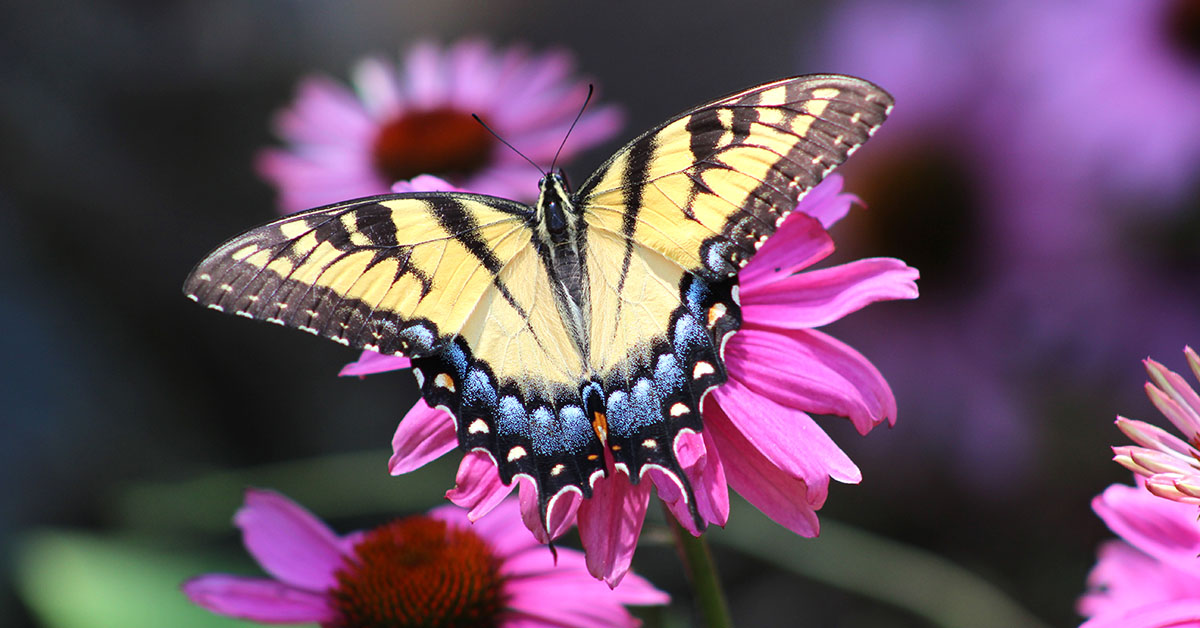
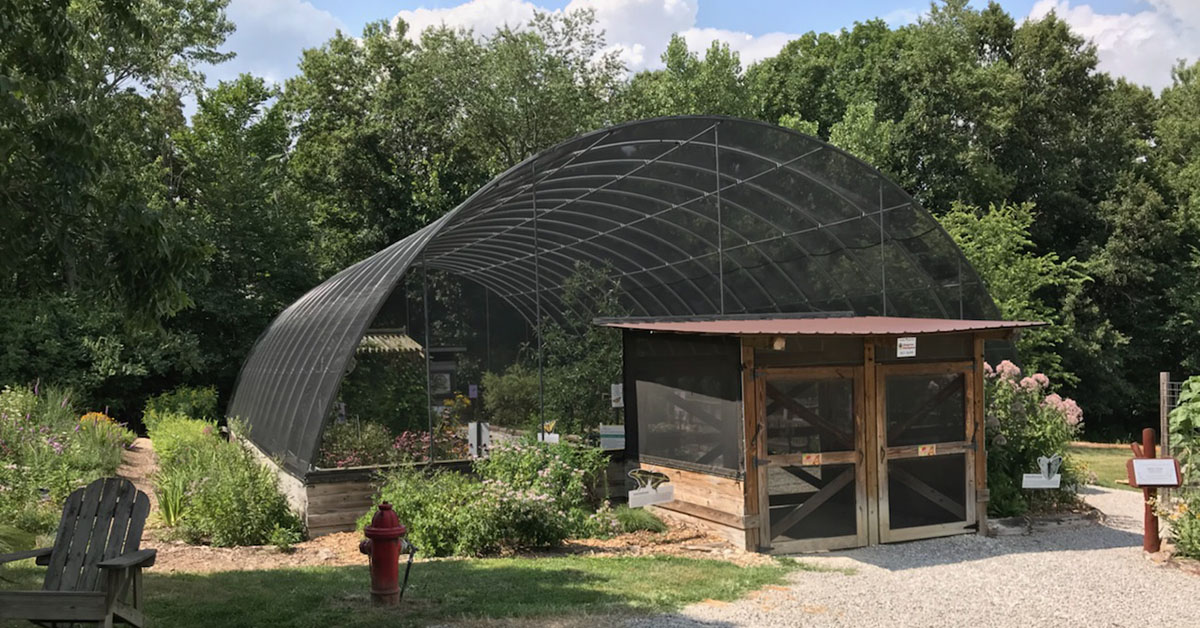
U of I Extension Master Naturalist
Wildlife Prairie Park is honored and pleased to be a preapproved project location by our local University of Illinois Extension staff. This enables certified Master Naturalist to maintain their certification, with volunteer hours at the Park.
The U of I Extension Master Naturalist program provides science-based educational opportunities that connect people with nature and help them become engaged environmental stewards. The Program educates and trains adult volunteers to help disseminate natural resource information to the public and to assist with conservation and restoration activities in their community.
Caring for and sharing our natural resources is everyone’s responsibility. It is important to care for and protect the place where we live to ensure that it is “fit for the future.” Master Naturalist learn about many aspects of our natural resources including plants, wildlife, archaeology, geology, and ecology. They learn practical techniques that help professionals with managing natural areas and discover exciting ways to educate others about the wondrous natural world.
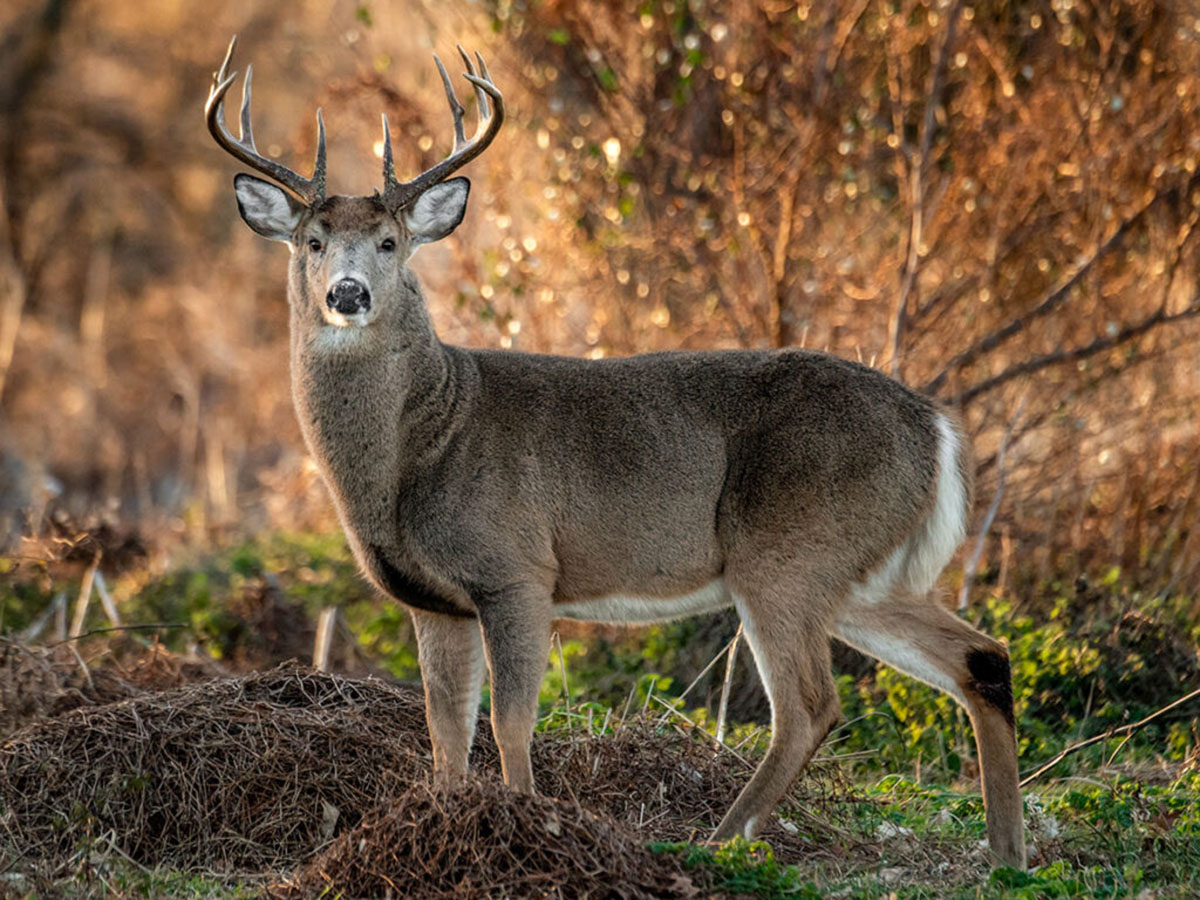
U of I Extension Master Gardeners
Wildlife Prairie Park works in partnership in many areas of the Park with University of Illinois Extension Master Gardeners. Extension Master Gardeners are adults of all ages who love gardening and who have previous gardening experience.
The mission of the University of Illinois Extension Master Gardener program is “Helping Others Learn to Grow.” Master Gardeners involve people in improving the quality of life by helping them find sound management practices for home and urban natural resources, by creating aesthetically pleasing environments, by promoting well-being through people-plant interactions and horticultural therapy, and by contributing to a safe, abundant food supply through home fruit and vegetable production.
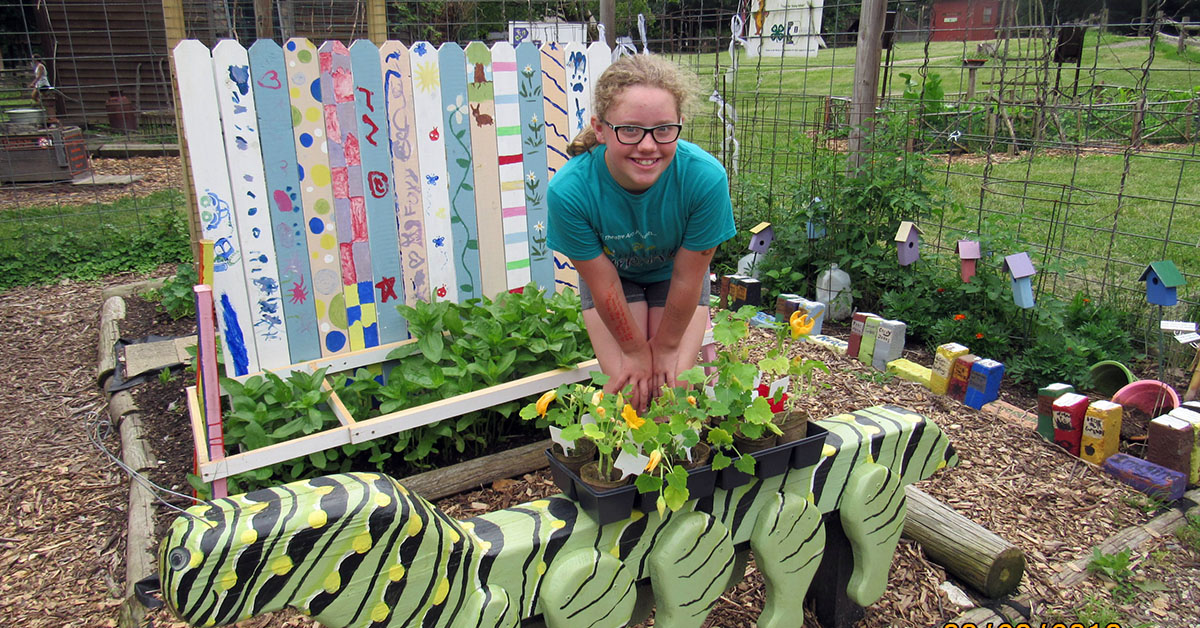
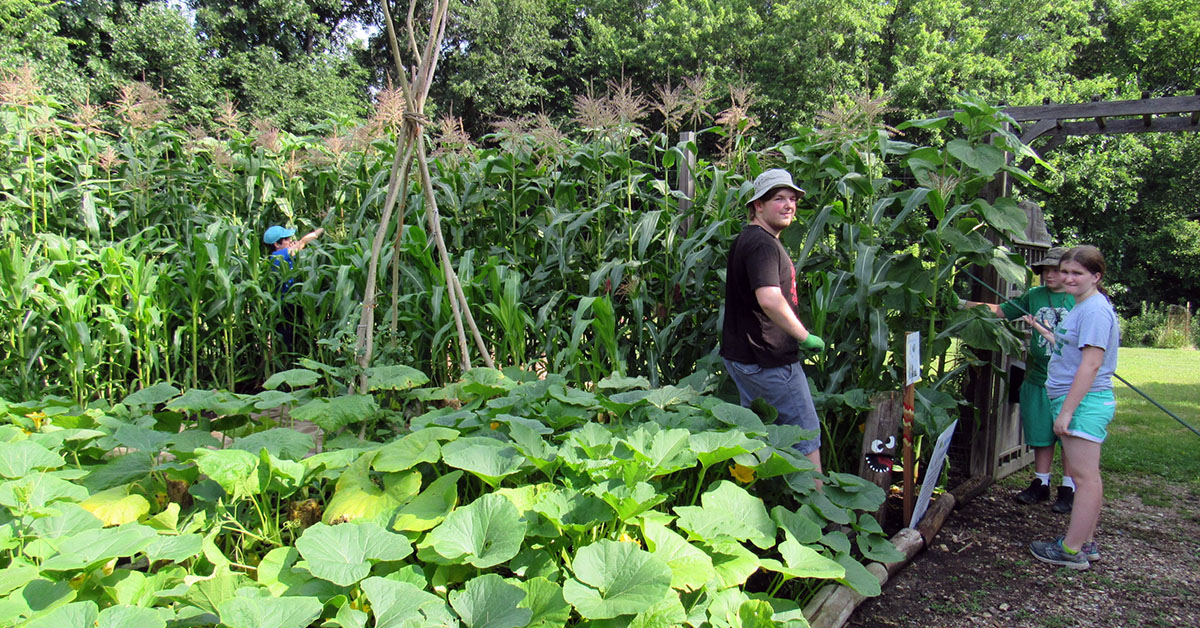
Master Gardener Program Objectives
Expand the capacity of University of Illinois Extension to distribute horticultural information to individuals and groups in local communities.
Develop and enhance community programs related to horticulture. These programs are educational in nature and may involve environmental improvements, horticultural therapy projects, community and school gardening projects, or other programs determined by local need.
Develop the leadership potential of Master Gardener volunteers through a volunteer administrative network designed to assist Extension staff in managing local Master Gardener activities and programs.
You Can Become a Master Gardener if
You have some knowledge or experience in gardening or landscape management (you need not be an expert)
You are willing to learn about horticulture and share this knowledge with others
You are accepted into a local training program and can volunteer time conducting horticultural educational programming coordinated through your local Extension unit.
